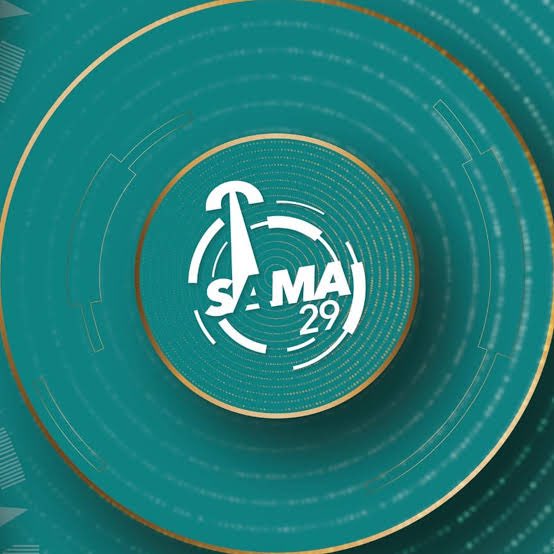In an unprecedented move, the South African Music Awards (SAMAs) have been officially canceled, sending shockwaves through the country’s music industry. The abrupt cancellation comes as a result of mounting outrage over the R20-million budget allocated by KwaZulu-Natal Tourism to host the prestigious awards, and it has far-reaching implications for the Recording Industry of South Africa (RISA) and the province’s Department of Economic Development, Tourism, and Environmental Affairs (EDTEA).
The SAMAs, an annual celebration of South African musical talent, have been a cornerstone of the nation’s music scene for decades. However, the decision to allocate such a substantial budget to host the event sparked a wave of criticism and calls for transparency and accountability.
Here are the key reasons behind the public outrage:
Prioritizing Extravagance Over Music
Critics argue that the R20-million budget, intended to enhance tourism and the province’s image, displayed a misplaced priority. They contended that the allocation should have been used to support local musicians, many of whom have struggled due to the COVID-19 pandemic’s economic fallout.
Economic Struggles
South Africa has been grappling with persistent economic hardships, including unemployment and poverty. Allocating a large sum of public funds to an awards ceremony during a time of economic uncertainty was seen as insensitive and out of touch.
Transparency Concerns
Concerns about the lack of transparency surrounding the budget allocation amplified the criticism. Many demanded a detailed breakdown of how the R20 million would be spent, fearing possible mismanagement of public funds.
Recording Industry Impact
The cancellation of the SAMAs has had a profound impact on RISA, the organization responsible for organizing the awards. RISA had been working tirelessly to prepare for the event and had signed contracts with various vendors, artists, and production companies. The sudden cancellation has left RISA facing contractual and financial challenges.
Links to EDTEA
The EDTEA, which oversees tourism and economic development in KwaZulu-Natal, was closely linked to the SAMAs through its budget allocation. According to RISA, a three-year contract was entered into with EDTEA.
The cancellation has cast a shadow on the EDTEA’s ability to effectively manage funds and support the province’s economic and cultural endeavors.
Lost Job Opportunities
The SAMAs were expected to generate numerous job opportunities, including event planning, production, security, and support staff. The cancellation has deprived many in KwaZulu-Natal of these employment prospects at a time when jobs are desperately needed.
The cancellation of the SAMAs has left a void in South Africa’s music industry and dealt a blow to RISA, which now faces a complex situation with contractual obligations and financial repercussions. The EDTEA, on the other hand, will need to address questions regarding its financial management and allocation of resources.
As the music community, artists, and fans grapple with this unexpected turn of events, there is hope that it will serve as a catalyst for a broader conversation on the proper allocation of public funds, greater transparency, and the importance of supporting South Africa’s talented musicians during challenging times. The future of the SAMAs remains uncertain, but the discussions it has ignited may lead to positive changes in the industry and the way public funds are allocated in the
